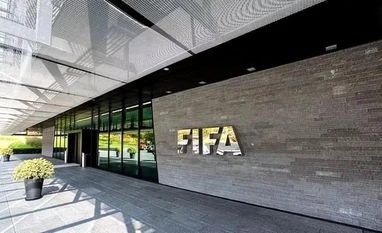In a landmark decision, the European Court of Justice (ECJ) has granted national courts within the European Union the authority to review decisions made by international sports governing bodies, including FIFA and the International Olympic Committee (IOC). This ruling challenges the longstanding practice of resolving sports disputes exclusively through the Court of Arbitration for Sport (CAS) in Switzerland, thereby opening the door for EU member states to conduct in-depth judicial reviews of such decisions to ensure compliance with EU law.
The case that led to this ruling involved Belgian football club RFC Seraing and Maltese investment fund Doyen Sports, who contested FIFA’s prohibition on third-party ownership of player registration and transfer rights. In 2015, they sought a review from a Brussels commercial court, questioning whether FIFA’s rules violated EU law. The ECJ’s decision now allows national courts to examine CAS awards to determine their consistency with EU public policy.
CAS, established in 1984 and based in Lausanne, Switzerland, has traditionally been the mandatory forum for resolving disputes in international sports. Its decisions were previously subject to limited review, primarily within the Swiss legal system. However, the ECJ’s ruling signifies a shift, emphasizing that CAS awards must be amenable to effective judicial review within EU member states. This change aims to ensure that sports arbitration does not circumvent EU legal protections and that national courts can uphold fundamental EU rights.
The ruling has significant implications for the governance of international sports organizations. It challenges the legal supremacy of Swiss-based sports arbitration and reinforces the primacy of EU law in sports governance. Legal experts anticipate that this decision could embolden athletes, clubs, and other stakeholders to challenge sanctions, transfer bans, and other decisions in their home countries, rather than being compelled to accept verdicts from CAS.
This development aligns with previous ECJ rulings that have scrutinized the authority of sports bodies under EU competition law. Notably, the court has previously limited the powers of FIFA and UEFA, emphasizing that their regulations must comply with EU competition rules. The latest decision further underscores the ECJ’s commitment to ensuring that sports governance operates within the framework of EU law, promoting transparency, fairness, and accountability in the administration of international sports.
As the legal landscape of sports arbitration continues to evolve, this ruling marks a pivotal moment in the relationship between international sports organizations and EU member states, potentially reshaping the future of sports dispute resolution within the European Union.












Leave a comment